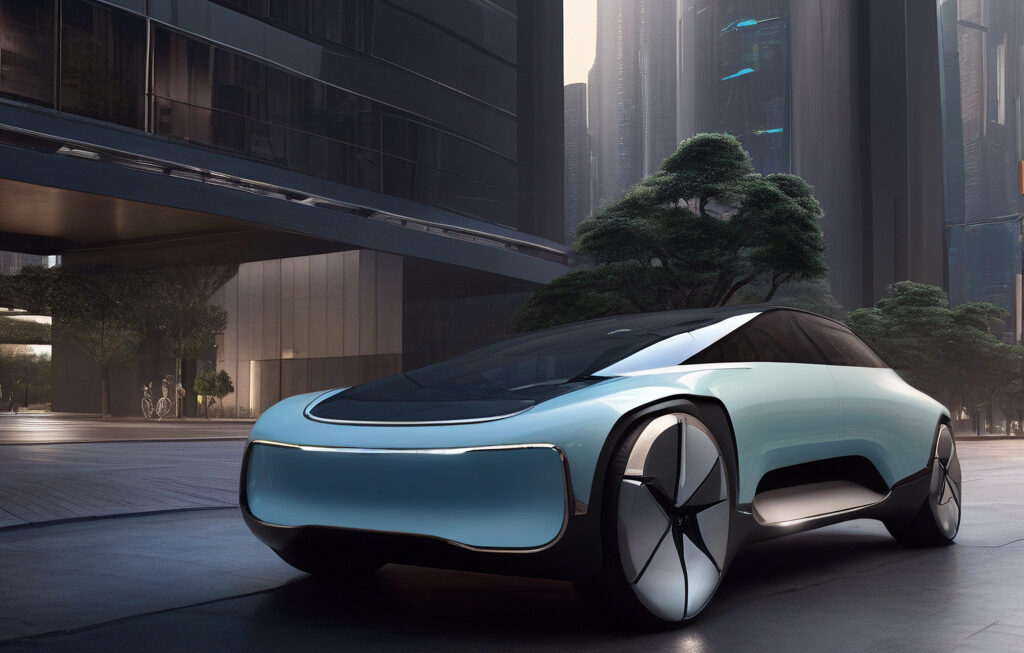EV Batteries Get Energy ‘Medicines’: US ‘Prescribes’ Chemicals for Long-Lasting Power
Scientists at Argonne National Laboratory have used a machine learning model to identify new chemical compounds that could potentially revolutionize the longevity and efficiency of electric vehicle (EV) batteries. This groundbreaking research aims to address one of the most significant challenges facing the widespread adoption of electric vehicles: the limited lifespan and energy storage capacity of current battery technologies.
The development of high-performance batteries is crucial for the transition to a sustainable, low-carbon transportation system. As the demand for EVs continues to rise, there is a growing need for batteries that can deliver longer driving ranges, faster charging times, and increased durability. The research conducted at Argonne National Laboratory represents a significant step forward in achieving these goals.
By leveraging the power of machine learning, scientists were able to sift through a vast database of chemical compounds and identify those with the greatest potential for enhancing battery performance. This innovative approach allowed researchers to predict how different compounds would interact with the components of a battery, ultimately leading to the discovery of new “energy medicines” that could significantly extend the lifespan of EV batteries.
One of the key findings of the study was the identification of chemical compounds that can help mitigate the degradation of battery materials over time. By targeting the root causes of battery deterioration, these “medicines” have the potential to prolong the operational life of EV batteries, reducing the need for frequent replacements and lowering the overall cost of electric vehicle ownership.
In addition to improving battery longevity, the newly discovered compounds also show promise in enhancing energy storage capacity and charging efficiency. By fine-tuning the chemical composition of battery materials, researchers can optimize the performance of EV batteries, making them more competitive with traditional internal combustion engine vehicles in terms of range and refueling convenience.
The implications of this research extend beyond the realm of electric vehicles, with potential applications in renewable energy storage and grid-level energy management. By enhancing the performance and durability of batteries, these new chemical compounds could help accelerate the transition to a clean energy future, where renewable sources like solar and wind power play a more prominent role in meeting our energy needs.
As the automotive industry continues to embrace electrification, innovations in battery technology will be critical to driving further advancements in electric mobility. The work being done at Argonne National Laboratory underscores the importance of collaboration between government institutions, research organizations, and industry partners in pushing the boundaries of scientific discovery and technological innovation.
In conclusion, the development of “energy medicines” for EV batteries represents a significant breakthrough in the quest for long-lasting, high-performance energy storage solutions. By harnessing the power of machine learning and chemical engineering, researchers are paving the way for a new generation of batteries that could reshape the future of transportation and energy systems.
#EVbatteries, #ArgonneNationalLaboratory, #machinelearning, #batterytechnology, #cleanenergyrevolution












